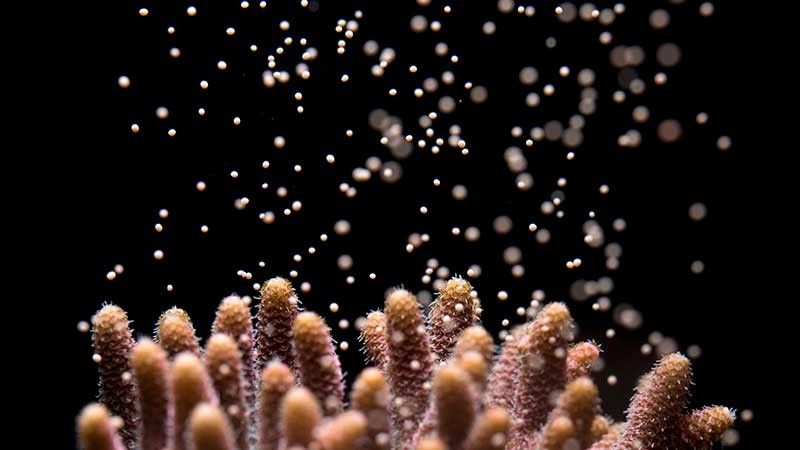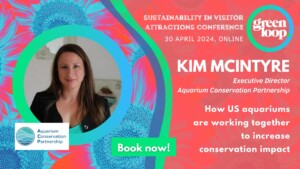Researchers at the Horniman Museum and Gardens in south London have successfully spawned their lab-based corals for the fourth year.
Dubbed “Project Coral”, researchers are able to sexually reproduce land-based corals by replicating wild-reef conditions.
The research can therefore help conserve and repair reefs damaged by climate change.
This year’s spawning saw eight coral species release approximately two million eggs. These have been cross-fertilised to produce new coral embryos.
Using the coral ‘babies’, researchers can better understand beneficial bacteria associated with corals. As a result they can learn more about their survival in the face of climate change.
Researchers also have more cause to celebrate as they have received new funding from the Shuttleworth Foundation to further their work.
The Shuttleworth Foundation awarded the Horniman a Flash Grant of $5,000. It will go towards supporting the next stage Project Coral’s work.
Project Coral
2018 was designated the International Year of the Reef. Horniman has closed the year by premiering a new film detailing the work of Project Coral. The film was produced by artist Sonia Levy, and will be shown in the Horniman Aquarium.
The first showing took place at this month’s Reef Futures conference in Florida.
Jamie Craggs is Horniman Aquarium Curator and lead Project Coral researcher. He says: “We’re very grateful to Alasdair Davies and the Shuttleworth Foundation for this grant to support our research. And also to Sonia Levy for the film that will help us show to our Aquarium and online visitors the vital work that’s going on behind the scenes. Now that we’ve successfully created a way to reliably induce land-based coral spawning, we can use that knowledge both to research things like coral resilience to climate change and to work with our partners at Florida Aquarium to help restore the Florida reef.”
Coral reefs are among the world’s most diverse ecosystems, supporting thousands of marine species. Jamie Craggs spoke to Blooloop about the implications of his work for the future of the world’s depleted and endangered coral reefs.














